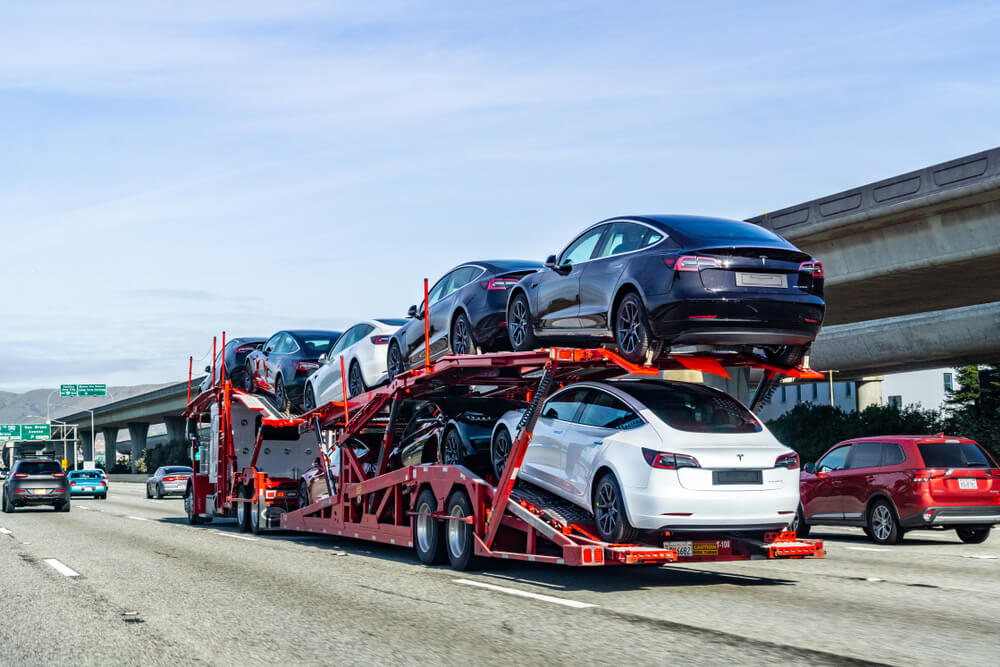A Complete Guide to Seattle Auto Transport and Dania Beach MoversA Complete Guide to Seattle Auto Transport and Dania Beach Movers

When planning a move or vehicle shipment that stretches from the Pacific Northwest to South Florida, understanding how to navigate the world of Seattle Auto Transport and Dania Beach Movers can make all the difference. Whether you’re relocating for work, school, or a lifestyle change, having the right partners in place ensures a smooth journey from start to finish. If you’re beginning your search for trusted moving or transport services, go to site to explore providers that offer dependable solutions tailored to your needs.
In today’s fast-paced moving and logistics landscape, customers expect efficiency, transparency, and reliability. Many people rely on expert transport companies who understand both long-distance vehicle shipping and comprehensive household moving services. If you’re comparing options or figuring out what matters most for your relocation, visit website to review detailed service breakdowns, customer testimonials, and cost-saving strategies. Adding an authority outbound link that doesn’t compete with the service you’re trying to highlight is an effective way to build trust and credibility in the moving space.
Why Seattle Auto Transport Is Essential for Long-Distance Relocation
Seattle is known for its booming tech industry, scenic waterfront, and vibrant urban culture. Many residents frequently move in and out of the city for job changes, military transfers, academic commitments, or family reasons. Because of Seattle’s distance from much of the country, auto transport services have become indispensable for individuals who want their personal vehicles shipped safely and affordably.
Dania Beach Movers: Your Florida Relocation Specialists
Dania Beach, located just south of Fort Lauderdale, is a growing hotspot for families, retirees, students, and professionals moving to South Florida. Its close proximity to Fort Lauderdale-Hollywood International Airport, major highways, and beautiful beaches makes it especially appealing. As a result, Dania Beach Movers play a vital role in handling both local and interstate relocations.
These moving companies often offer full-service solutions, including packing, loading, transportation, unloading, specialty item handling, and storage. Because many people relocating to Florida bring not only their household goods but also vehicles, coordinating both moving and car transport services becomes essential.
How Seattle Auto Transport and Dania Beach Movers Work Together
It’s becoming increasingly common for customers to pair auto transport services from one region with residential moving services in another. For example, someone relocating from Washington to Florida may hire a Seattle auto transport carrier to ship their vehicle while hiring local Dania Beach movers to handle the household items once they arrive.
This combined approach creates a seamless moving experience, allowing customers to coordinate timing, delivery, and logistics more efficiently. Auto transport carriers often deliver vehicles directly to designated Florida locations, including residential neighborhoods or storage facilities. At the same time, Dania Beach movers help set up the new home, making the transition comfortable and stress-free.
Verifying Legitimacy and Safety Through Trusted Sources
Whenever you’re hiring movers or vehicle transport specialists, ensuring that the company is licensed, insured, and compliant with industry regulations is crucial. For added peace of mind, refer to trusted authorities such as the Federal Motor Carrier Safety Administration (FMCSA), which provides important safety and registration information about transport companies. This authority outbound link serves as an essential resource in verifying whether a company meets regulatory standards and offers reliable, lawful service in interstate transport.
Tips for Preparing for Auto Transport and Moving Services
To streamline your Seattle-to-Dania Beach relocation, consider the following preparation steps:
- Plan Early: Booking services ahead of time helps secure better rates and ensures your preferred pickup and delivery windows.
- Prepare Your Vehicle: Auto transport companies typically require the car to be cleaned, emptied of personal belongings, and inspected for existing damage.
- Downsize Before Moving: Removing clutter reduces moving weight and lowers overall transportation costs.
- Label and Pack Efficiently: For household goods, using durable boxes, padding, and clear labeling helps Dania Beach movers carry out their tasks with maximum efficiency.
- Keep Essentials With You: Important documents, medications, chargers, and valuables should remain in your personal possession during the move.
Why Choosing the Right Companies Matters
Selecting dependable Seattle Auto Transport and Dania Beach Movers ensures that your relocation is handled by experienced professionals who prioritize safety, efficiency, and customer satisfaction. Whether you’re shipping a car, moving a household, or coordinating both services, working with reputable providers gives you confidence that your belongings are protected every step of the way.
From Washington’s iconic Pacific coastline to Florida’s sunny beaches, having trusted partners handling your transport needs can make your cross-country move simpler and more enjoyable. With proper planning, early research, and the right moving and auto transport teams, your journey can be stress-free and well-organized from beginning to end.













